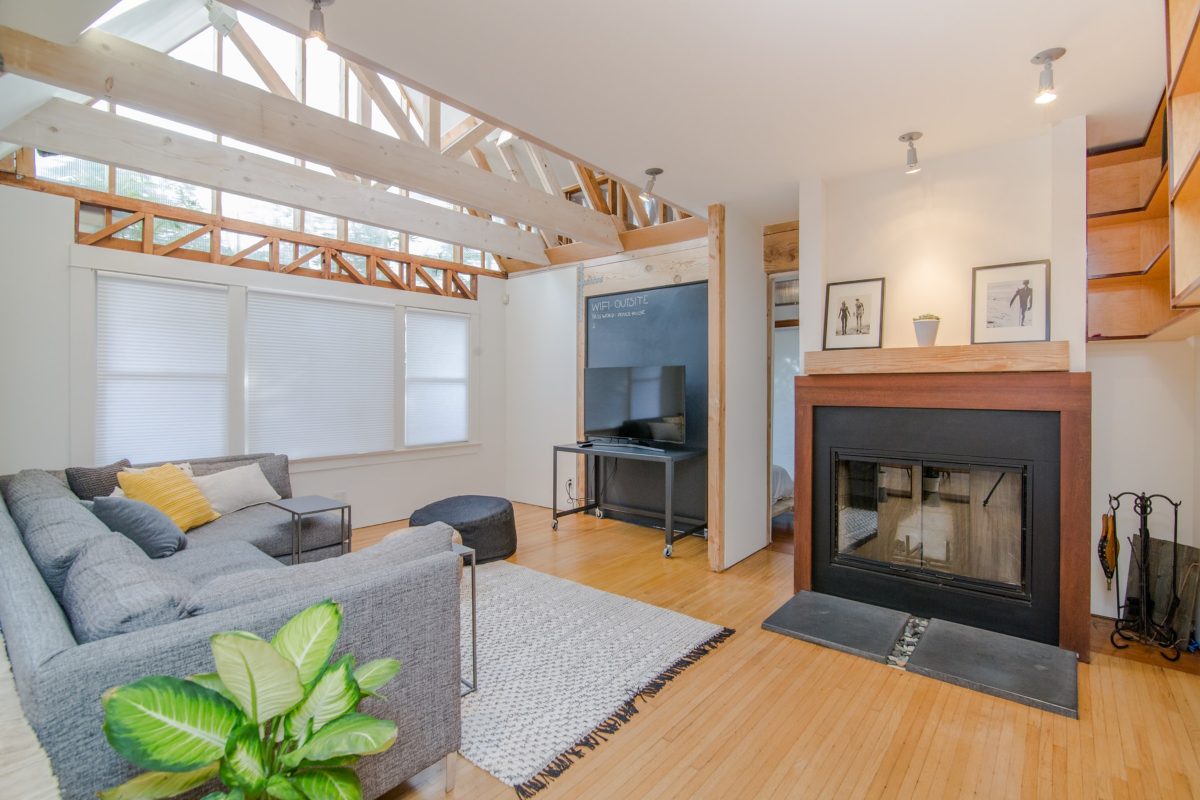We spend most of the time at our home. Therefore, taking measures for the safety of kids and adults is essential.
Sadly, around 3 million children visit hospitals due to home injuries. Being responsible and mature, adults should make sure that the house is safe for the children.
Wondering what you can do to ensure that your children don’t get hurt at home? Read below:
8 Home Safety Tips For You And Your Family

1. Ensure Gas Safety
Gas leakage is one of the common issues leading to house injuries. Natural gas is used in most countries for heating and cooking. It is a hazardous gas and must be used carefully.
Most countries have strict rules and regulations for using natural gas domestically, such as the gas safety certificate. The GSC or a CP12 is a certificate required by the law in England and European countries to confirm that the gas appliances and fitting in a building are in working condition.
To obtain the certificate, landlords must get a professional engineer to inspect the house who checks that all the gas appliances and pipelines are in perfect condition. You must get a gas check every year to reduce the risk of faulty gas appliances and broken pipes that can lead to gas leaks.
Besides this, take immediate steps when you sense a smell of rotten eggs or unusual hissing noise. It can be a signal of minor gas leakage, but the consequences can be huge.
If it is at an extreme level and you are sure that the gas is leaking, take no time in evacuating the house. Remember, gas leakage can even be fatal. So, never ignore if you suspect any symptoms.
2. Have An Emergency Plan and Equipment
A contingency plan addressing any unusual incident is important for every house. Besides adults, children should also be aware of the plan so that they can act accordingly. You can include the following things in your plan:
- As soon as everyone hears the alarm, gather at the exit door of the house.
- Children should immediately leave everything when they hear the alarm and head outside.
- Two adults are responsible for switching off the electricity and gas supply.
- These two adults should also be responsible for turning off the appliances.
- Teach your children emergency numbers by heart. They should call the number immediately in case of an emergency if an adult is not present.
- Remember to open the windows and doors in case of gas leakage.
- Quickly leave the house.
Additionally, you should have a separate section where you can keep the emergency equipment. This equipment includes a fire extinguisher, first aid kit, whistle, flashlight, etc.
3. Keep Sharp Objects, Hazardous Chemicals, and Medicines at a Safe Place
Never make the mistake of keeping hazardous chemicals in an open space. Instead, create a separate section for it, which is out of reach of the children. If possible, try to lock this section and keep the keys carefully. Chemicals like bathroom cleaners, bleaches, floor cleaners, etc., are harmful to everyone.
Likewise, keep the medicines separately. Kids can mistakenly swallow any medicines, which can lead to harmful outcomes.
Sharp objects also need to stay away from the kids. Do not keep knives, forks, scissors, etc., on the kitchen counter. Kids can get their hands onto these objects anytime. So, an upper section of the cabinet is better.
4. Keep the Floor Dry
Make sure that the floor stays dry all the time. A wet floor can cause problems for both kids and adults. Kids can slip while running, and even adults can fall. Especially when there is a patient, or a pregnant woman is in the house, special care must be taken.
Ask the children not to spill water while drinking. Likewise, request everyone not to walk on the floor after a mop. Open all the fans so that the floor can dry quickly.
5. Lock Doors and Use Security Lights
At times the door is closed but not locked. Kids are smart enough to open the door and go outside. They can even put their hand at the corner of the door without knowing how it can harm. Additionally, it is important for house security too.
Robberies are common these days. The intruders will find it easier to open the doors that are not locked. Therefore, make sure that you lock every door, especially the main door of the house at night.
Besides this, using security lights is mandatory. If intruders get inside your house, you will find it easier to see them when the lights are open.
6. Use Alarms
Thankfully, technology has gifted us many safety solutions. Alarms of a different kind help us stay safe no matter what time of the day it is. Yes, we have alarms like:
- Motion sensors
It gives a sound whenever it detects an abnormal motion in front or back of your house.
- Smoke alarm
Whenever an abnormal level of smoke is present, it starts beeping.
- Carbon monoxide alarm
Since carbon monoxide is life-threatening, many people use this alarm. It starts ringing if this gas is present in the house.
7. Baby Proof the House
If you have kids under 3 at home, baby-proofing the house is important. There are countless things that a baby can pick or eat. Firstly, hide all the tiny objects that you think a baby can eat.
Ping-Pong balls, beads, and even chopped vegetables should be kept out of the baby’s reach. Also, cover the electric switches, keep the glass decorative at the top section, and always close the laundry room.
8. Beware of Sharing Information with Strangers
Lastly, never share your personal information with a stranger. Even the social media channels, where the whole world can see you, are dangerous.
Criminals are everywhere, and you have no clue when they can extract your information. So, whether it is a house renovation or a relocation, refrain from sharing pictures and videos on the internet.
Final Thoughts
Home safety needs no compromise. So, spend ample time planning for the security and safety of your loved ones. Install alarms, obtain a gas certificate, create an emergency plan, and place all harmful objects separately.
Furthermore, keep the doors locked, use lights, and never share information about your house. Unfavorable incidents can happen at any time. If you plan today, you can save your kids in the future.
Read Also:
- 7 Ways To Avoid Common Home Renovation Pitfalls
- Are Many People Likely To Continue Working From Home Even After The Pandemic?
- COVID-19 Proves Finance Employees Can Successfully Work At Home
Author Bio: Shoaib provides ghostwriting and copywriting services. His educational background in the technical field and business studies helps him in tackling topics ranging from career and business productivity to web development and digital marketing. He occasionally writes articles for gas safety certs.











